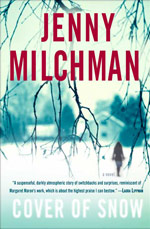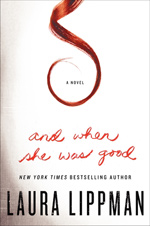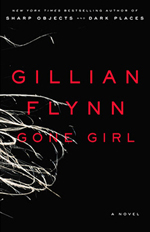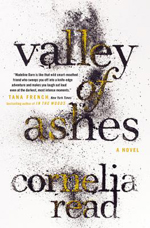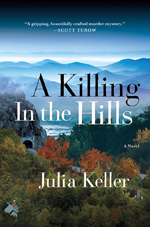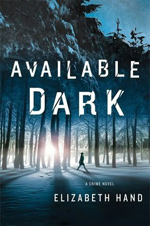Elizabeth Haynes: Into the Darkest Corner
You know how back in the 30’s and 40’s there was a famous “Detection Club”, with members like Agatha Christie and Ngaio Marsh? That was the so-called “golden age” of detective fiction. I think the U.K. now needs a new club for writers – “The Creepy British Women Mystery Writers Club.” Either it’s something in the water over there or a national predilection, but it can’t be a coincidence that writers like S.J. Bolton, Sophie Hannah, Jane Casey, Denise Mina, Mo Hayder, Tana French, Val McDermid (and I’m sure there are others) are producing such genuinely disturbing books that they almost make you flinch to open them. All of these women are the direct descendants of the great Ruth Rendell, who could teach just about any of them the meaning of the words “concise, yet creepy.”
